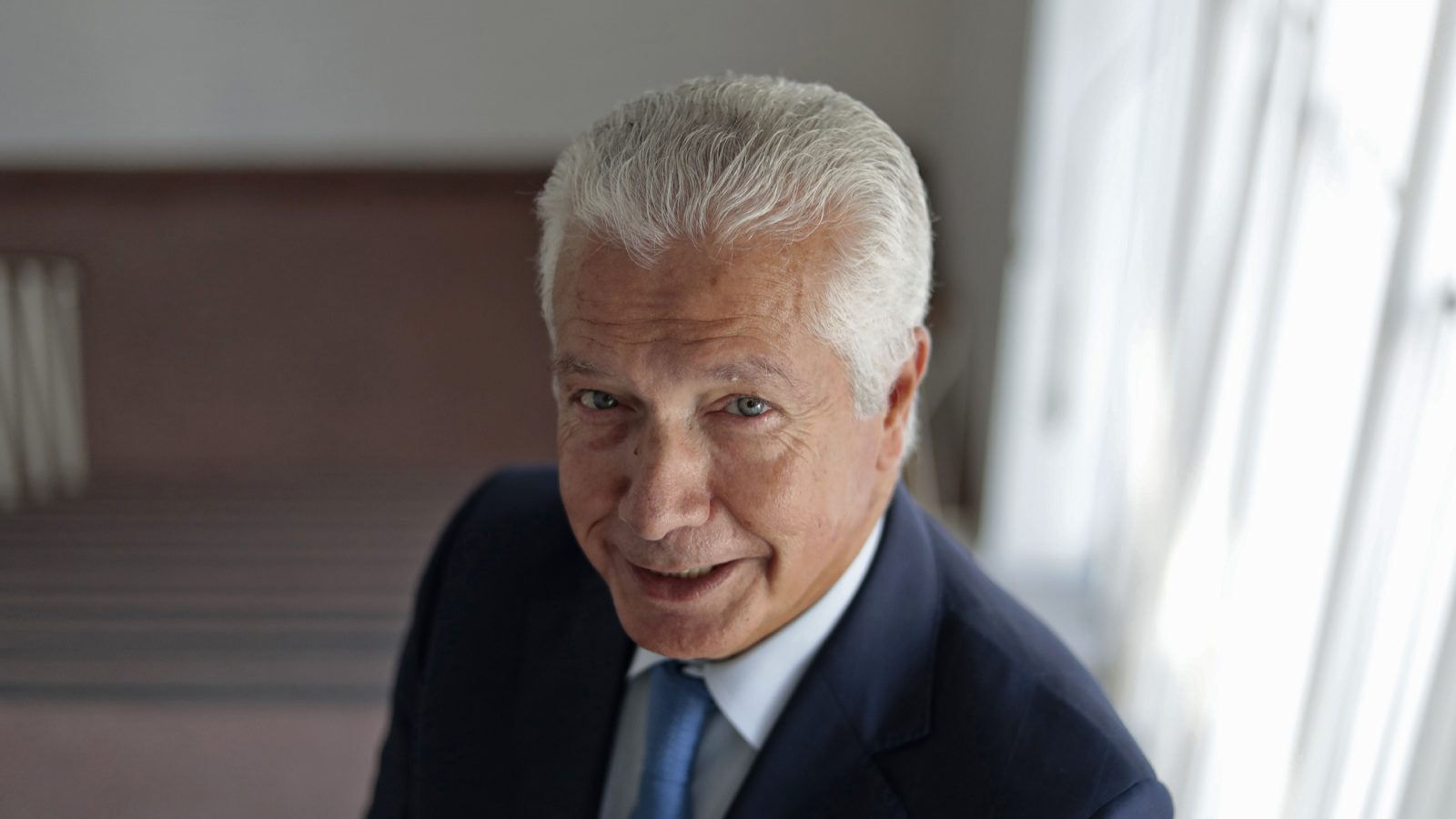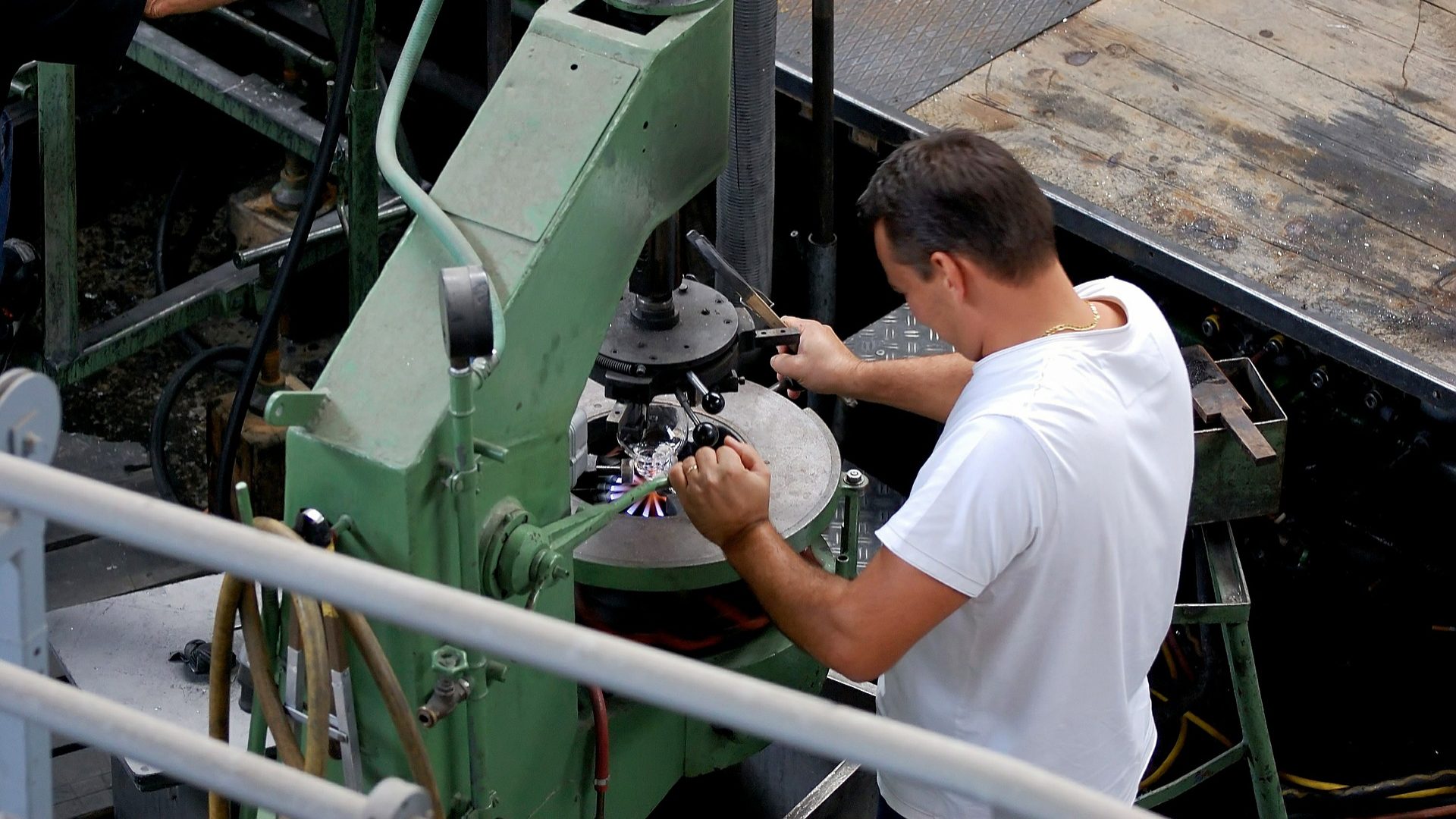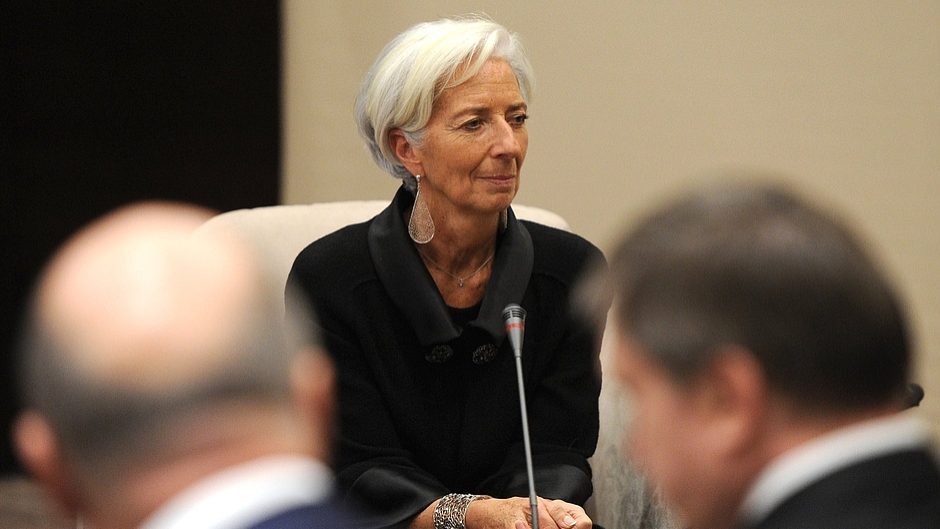What is the dream house for the Portuguese? Three rooms, 120 square meters and a garage
The majority of the Portuguese are ready to pay up to 138 thousand euros for a home and around €500 per month for their mortgage.
Times are tough for those looking for a home in Portugal right now, and finding your dream house is increasingly difficult. Although the main factor that influences one’s purchasing power is each individual’s financial situation, when it comes to looking for an apartment, there are certain characteristics that are maintained no matter how big pockets are.
A three room apartment, second-hand, with a storage unit and a garage, and a minimum area of 90 square meters, are some of the main criteria that guide the Portuguese when they are searching for a new home.
Changing from one house to another may be connected with many factors, but two main options exist out there in the market: you can either buy your own house, usually resorting to a banking credit/mortgage, or you can decide to rent.
Accordingly to Century 21’s study (Portugal Housing Observatory I), 89.7% of the Portuguese prefer to buy their own apartment, and usually in the city where they live at the moment of the purchase. The study looked at a cohort of 800 different clients, spread out by different regions where the company is active, analysing trends, preferences, behaviours, motivations and expectations when purchasing a home.
House prices have to be under 140 thousand euros
All the aforementioned elements are critical to defining the value that the potential buyer might be willing to give for the house he is interested in. On a national level, 28.% of the study’s respondents study were willing to invest between 100 and 150 thousand euros, while 68.6% were looking for houses between 75 thousand and 200 thousand euros. The average that the Portuguese spend with a house stands at €138.623.
Lisbon’s average price is €166.593, while Porto stands considerably below with €137.587 and Algarve with €130.708. The real estate agency explained that these values varied depending on the families’ incomes, with potential buyers with an income of €2.001 to €3.000 willing to invest on average €159.488, whereas those with higher incomes (above €3.001) would be willing to invest, on average, around €230.416.
38.6% of the respondents prefer to pay part of the house price in advance, only asking for a loan for the missing amount; 35.3% prefer to resort to a mortgage of the total house price. The majority (86%) of those who resort to banks are willing to pay up to €500 per month on their mortgages, whereas only 6.5% are willing to pay up to €600.
Looking in detail at each region, we see that in Lisbon, the majority of the respondents can accept paying up to €506, while in Porto the value stands at €491. In the Algarve, the limit for the potential buyers is even lower: €475 per month.
Wanted: a second-hand apartment that does not require any reconstruction work
More than half of the respondents want an apartment in a building (61.2%), in a second-hand apartment without needs for reconstruction works (60.2%). It’s clear that people want to spend the least possible with their apartment change. In Lisbon, 75.8% of the house-seekers want an apartment. In Porto, 70.1% want an apartment in a building, 61.4% of which want it without any need for reconstructions.
In Algarve, there is a higher demand (50%) for single-family residences, significantly higher than the national average.
The houses should also be big enough, considering the number of people who will move in. The majority of respondents with wages above the 1000 euros threshold prefer houses that are 91 to 120 square meters wide, while 63.% stipulate 120 as their maximum square meter target.
The majority of the Portuguese do not want to be too far from the city centres, especially of Lisbon and Porto, given the increasing popularity and world fame they’ve achieved in the recent years. 43% of the respondents want a house in the periphery, while 42.2% want a home in the centre of the city.
Those under the age of 30 (45.9%) are more interested in living in the centre, as well as those with higher wages (57.5%).




